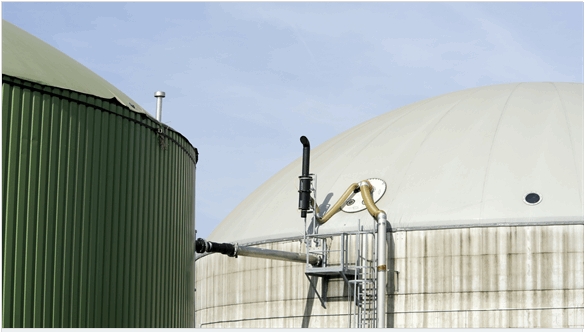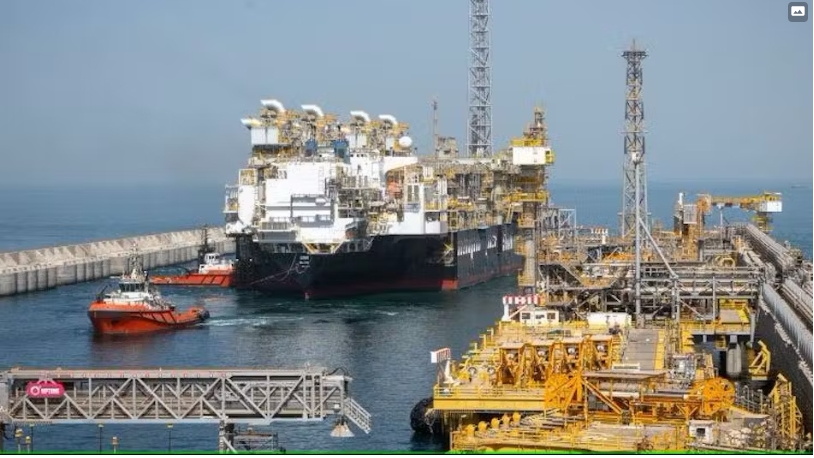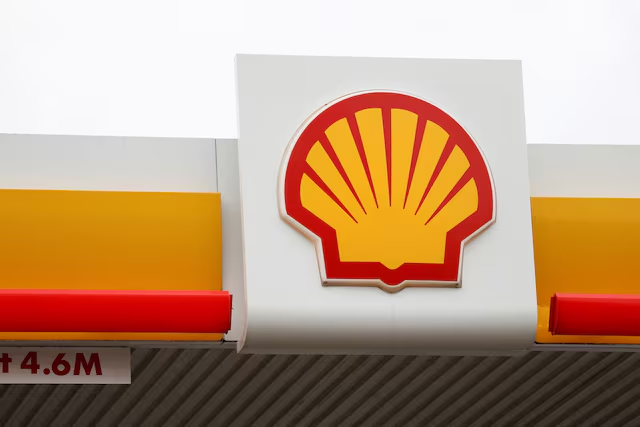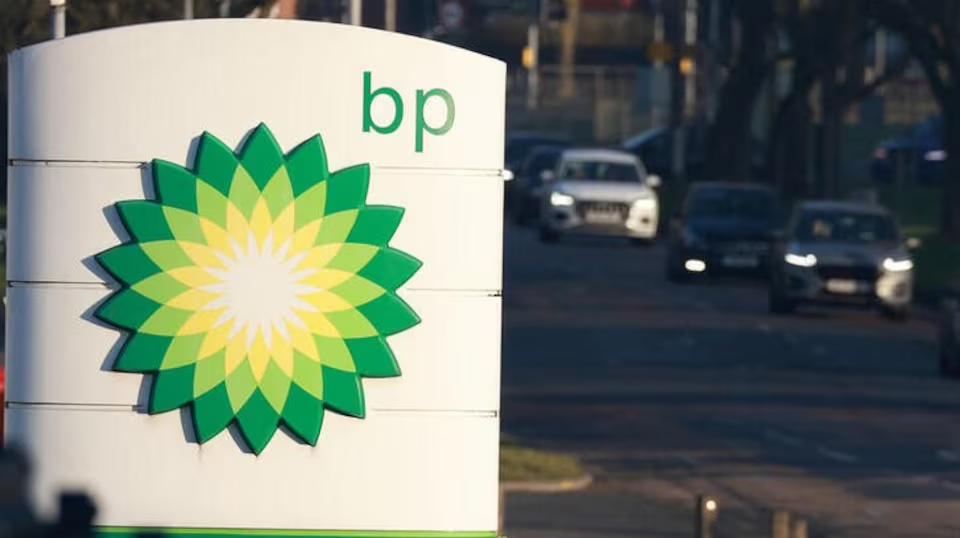
The Safeguard Mechanism is set to be significantly strengthened thanks to an agreement between Labor and the Greens that will deliver the first federal climate pollution legislation in a decade.
The legislation will significantly strengthen the Mechanism to regulate climate pollution and drive down emissions from Australia’s 215 biggest industrial polluters. The legislation will also make it more difficult for new coal and gas projects to be approved.
Reforms to the Safeguard Mechanism had been consistently called for by industry.
The agreed Safeguard Mechanism reform package incorporates key improvements the Climate Council has advocated for, including:
Capping total emissions under the Safeguard Mechanism to ensure new and expanded fossil fuel projects can’t blow the carbon budget out and drive up national emissions
Making new gas facilities fully accountable for its emissions from day one, so it is not forcing other future-focused industries to make even deeper cuts to their emissions
Subjecting any new project that would add significantly to emissions under the Safeguard Mechanism to a rigorous assessment and acting on the findings of this
Ensuring public funding through the Powering the Regions Fund is not directed to coal and gas projects and only supports future-focused industries.
Once a stronger Safeguard Mechanism has passed both houses of Parliament, with the law due to kick in from 1 July 2023, the focus will shift to improving other important national climate policies.
The new legislation has been well received by the Climate Council.
Climate Council CEO, Amanda McKenzie, said, “This will be the Federal Parliament’s first reform to genuinely cut pollution in a decade.
“Almost one year ago, Australians sent a clear message at the polls that they wanted our Parliament to act on climate change. Today, they are getting on with it. This will mean more clean, renewable power and less pollution. Finally, as a nation, Australia is starting to tackle the climate crisis.
“The Climate Council has been meeting with politicians across the Parliament to provide reliable, evidence-based information in advocating for a strengthened Safeguard Mechanism that will result in genuine emissions reductions.
“We welcome some of our suggestions being included. This proves how important and powerful a community-funded and independent climate organisation can be.
“Today’s agreement is a massive wake up call to any board or business executive who thinks they can keep stalling genuine climate action. The era of climate gridlock in Australia is over and the only viable path for any business is genuine, deep cuts to carbon pollution this decade.”
“We thank and recognise every Parliamentarian who put Australians first in negotiating in good faith and will be passing laws that finally start to regulate the biggest polluters,” Ms McKenzie said.
Climate Council Head of Advocacy, Dr Jennifer Rayner, said, “The Safeguard Mechanism is just one weapon in the war to drive down Australia’s emissions. We need to throw the whole arsenal at tackling harmful climate change.
“As a priority, Australia needs strong environmental laws that properly consider climate impacts, an end to fossil fuel financing and public subsidies, much tighter limits on offsetting to ensure we are achieving genuine and steep emissions reductions, and a ban on greenwashing so coal and gas companies can’t keep gaslighting Australians about their climate plans.
“This Parliament has shown it can deliver all these important reforms – and more – by building on the foundations laid for real emissions reduction through the Safeguard Mechanism.”
Industry Insights
The Australian Petroleum Production & Exploration Association (APPEA) has expressed concern about the changes to the Safeguard Mechanism, stating that it overlooks the important role of natural gas in helping Australia achieve its climate goals.
APPEA Chief Executive, Samantha McCulloch, said the deal would ultimately make Australia’s climate change targets harder and more costly to meet.
“Australia’s natural gas is critical to reaching net zero in Australia and the region, supporting the transition away from coal and providing reliable backup for renewables while powering Australian manufacturing,” Ms McCulloch said.
“The industry is also one of the biggest investors in emissions reduction and renewable technologies.”
Ms McCulloch said not only is new gas supply needed to support climate change objectives, but it is also essential to avoid energy shortfalls and put downward pressure on prices.
“Australia needs to produce more gas to support decarbonisation across the economy and meet energy demand, as called for by the Australian Competition and Consumer Commission and Australian Energy Market Operator,” Ms McCulloch said.
“New gas supply investment needs policy and regulatory certainty but instead, the Labor-Greens deal creates additional barriers to investment, further diminishing the investment environment and adding to the growing list of regulatory challenges facing the sector.”
The changes strengthen the need for strong government direction on critical step change technologies such as carbon, capture and storage (CCS).
“If the government is serious about meeting net zero, it needs to lead on a national strategy for CCS development,” Ms McCulloch said.
“Australian gas is also needed to help our international partners decarbonise.”
Ms McCulloch said according to the Federal Government, the country’s exports have the potential to lower emissions in LNG-importing countries by around 166 million tonnes of carbon dioxide annually replacing other higher emissions energy sources.
“Decisions that take emissions reductions options – such as natural gas – off the table make reaching net zero significantly harder and more costly,” Ms McCulloch said.







